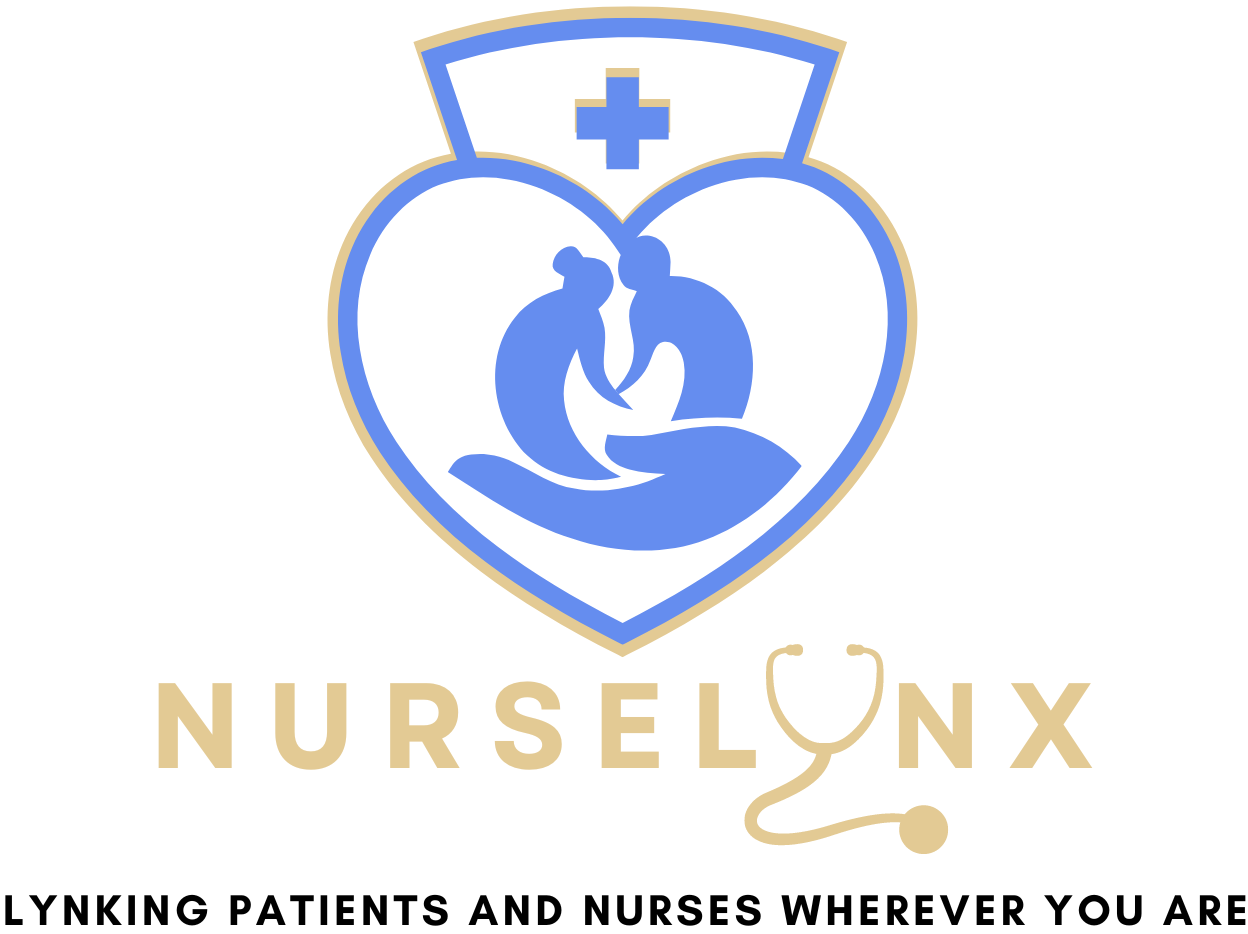One in five patients leaves the hospital without understanding their care plan. Add in complex systems, siloed providers, and overwhelmed staff, and you have a recipe for confusion and poor outcomes.
Case management services are designed to fix this. By guiding care from start to finish, they help everyone stay on the same page and move toward better outcomes.
Why Disconnected Care Leads to Patient Setbacks
When communication breaks down, patients pay the price. Even highly skilled providers can’t succeed if services are fragmented.
Without care coordination, the result often includes:
- Missed follow-up appointments
- Medication mix-ups
- Delayed discharges
- Preventable readmissions
Case managers prevent these breakdowns by serving as the central point of contact, improving clarity across all touchpoints.
What Case Managers Contribute to the Care Experience
To understand the full value of these roles, it helps to know what case managers actually do.
Case managers are clinical professionals who serve as advocates, guides, and planners across multiple care settings.
A case manager’s core responsibilities often include the following tasks:
- Evaluating risks, needs, and care complexity
- Building personalized and measurable care plans
- Coordinating across physicians, providers, and family members
- Managing transitions between hospitals, rehab, and home
- Monitoring medication adherence and side effects
- Documenting updates and adjusting strategies based on outcomes
See how Nurse Lynx equips case managers with tools that support patients across every stage of recovery.
Case-managed patients are 30% less likely to be readmitted within 30 days.
— Agency for Healthcare Research and Quality
Five Facility-Wide Benefits of Case Management Support
This leads directly to the next critical point: case managers don’t just improve outcomes. They streamline healthcare operations across the board.
When case managers are built into your care model:
1. Patients Stay Informed and More Engaged
They understand their plan of care and know who to call with questions.
2. Discharges Are Safer and More Organized
Instructions, equipment, and home services are arranged before the patient leaves.
3. Clinical Teams Focus on Direct Care
Case managers handle non-clinical barriers, allowing nurses and physicians to prioritize treatment.
4. Mistakes Are Reduced, Delays Minimized
Scheduling, referrals, and documentation are aligned across providers.
5. Underserved Populations Get Proper Support
They close access gaps caused by income, language, or social barriers.
According to the Case Management Society of America, programs that integrate case managers show measurable improvements in patient satisfaction, adherence, and follow-through.
How Case Management Fits Into a Value-Based Model
As reimbursement shifts toward value-based care, the need for better outcomes and coordinated delivery rises. Case managers play a key role in reaching these goals.
They ensure that treatment plans are cohesive, evidence-based, and responsive to each patient’s evolving needs.
Care planning is no longer optional. It is a driver of both quality and cost-efficiency.
Where Case Management Has the Greatest Effect
Case management professionals can add value anywhere, but their impact is most visible in complex care environments.
Settings where case managers make the biggest difference include:
Home-Based Care
They arrange in-home visits, therapy coordination, and remote monitoring.
Post-Discharge Recovery
They manage handoffs from hospital to home, rehab, or long-term care.
Chronic Disease Management
They reinforce treatment plans, prevent ER visits, and promote adherence.
Virtual Care and Telehealth
They use telehealth tools to follow up and triage without in-person visits.
Pairing Case Managers With Flexible Staff Resources
Case managers are most effective when supported by the right clinical team. They work best when partnered with staffing services that can adapt to patient needs in real time.
Together, they ensure full continuity from admission through recovery.
What You Should Know About Case Management Services
To answer some common questions, here’s a quick reference for decision-makers and care providers.
Q: Are case managers only assigned in hospitals
A: No. They work in home care, telehealth, outpatient clinics, and post-acute settings.
Q: Do they improve care team communication
A: Yes. They connect patients, families, doctors, and insurers, reducing misunderstandings and follow-up gaps.
Q: What kind of credentials do they hold
A: Most are licensed nurses, social workers, or certified care coordinators with clinical experience.
Take the First Step Toward Seamless Care Coordination
Ready to simplify patient care, reduce confusion, and support better outcomes? Case management is the first step.
Explore Nurse Lynx’s case coordination services to see how a care navigator can support your patients, staff, and outcomes.
Learn more about flexible staffing options or read reviews of Nurse Lynx to see how they’ve supported care teams like yours.
Let Nurse Lynx be the guide your patients and team need. One coordinated step at a time.



